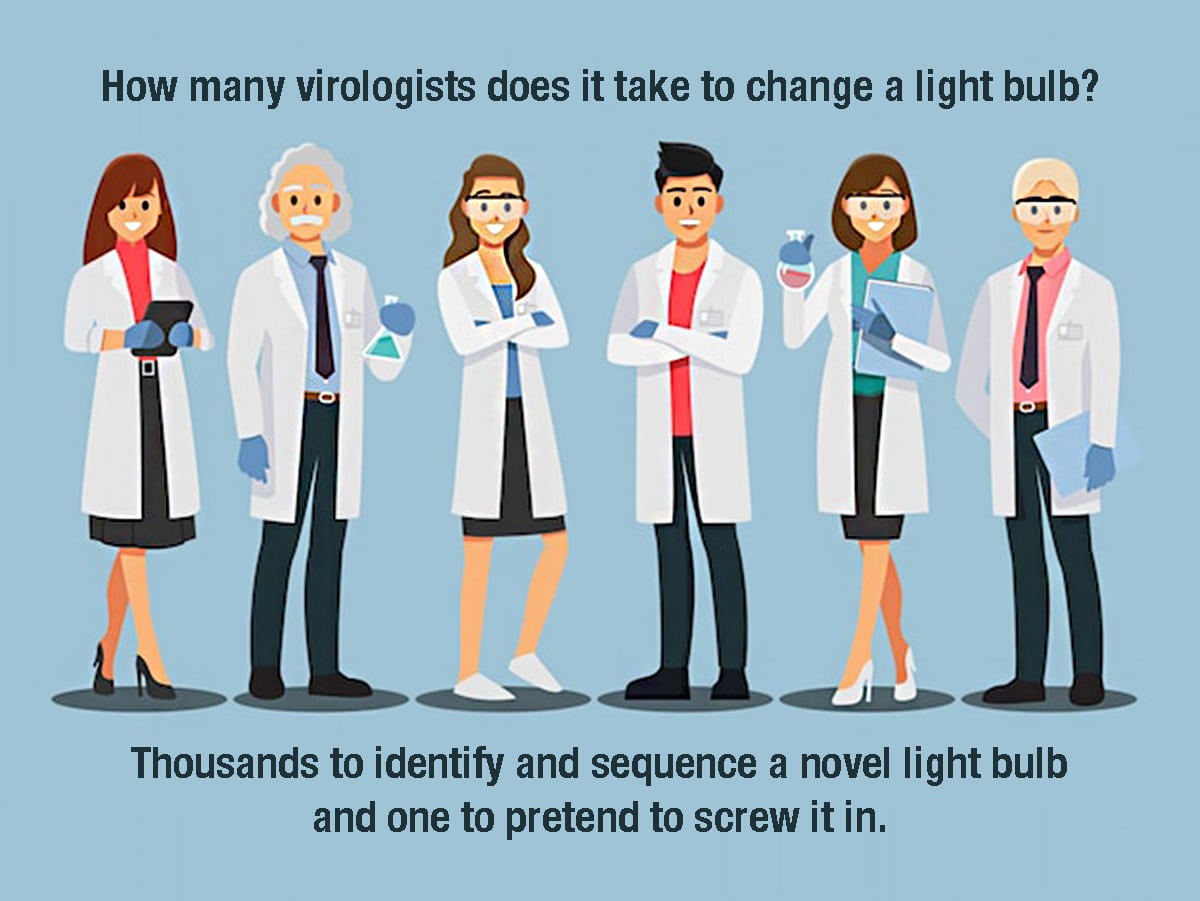Subscribe to Zero-Sum Pfear & Loathing


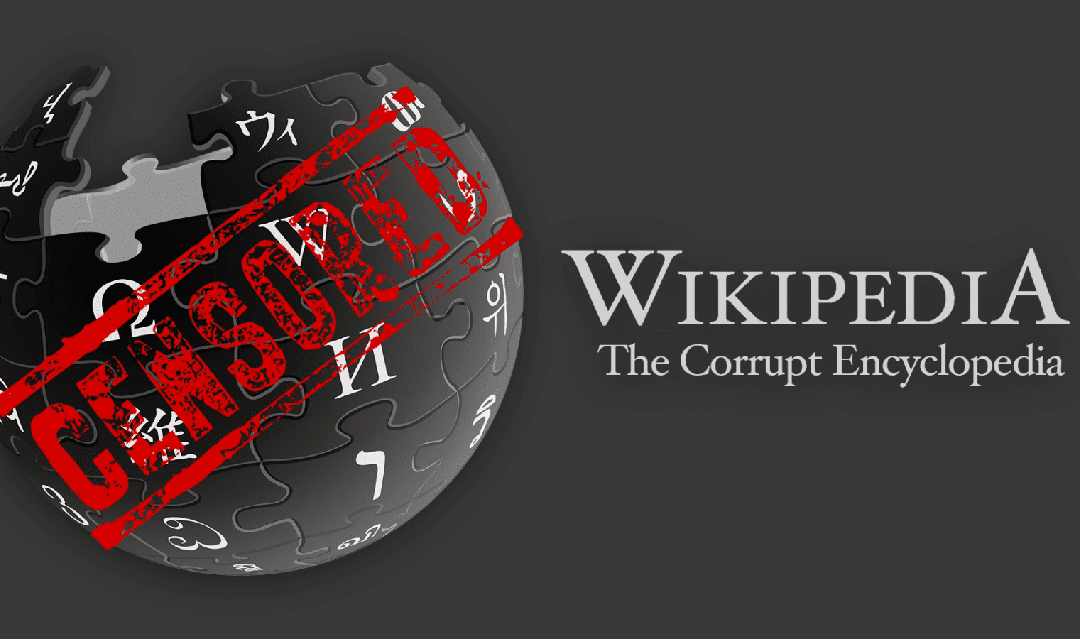
Wikipedia: The Failed Experiment to Democratize Knowledge. “Character Assassinations,” Censorship, an Instrument of Global Corporatism.
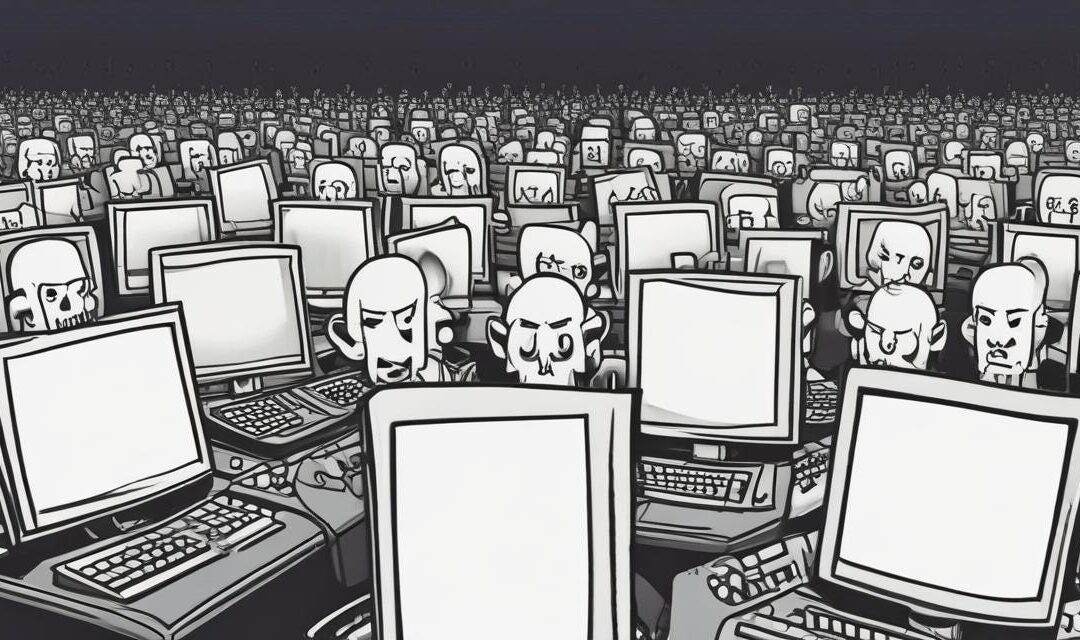
PR firms working under anonymous accounts, and others with conflicts of interest, learned how to game this system long ago. They’ve made more edits longer than any normal user can hope to accrue. Therefore, they always win the edit wars.

This is the future envisioned for America’s college campuses by the partisans of Repress U. It’s a future where what passes for “homeland security” takes precedence over higher learning, where order prevails over inquiry, and where counterinsurgency comes before community.
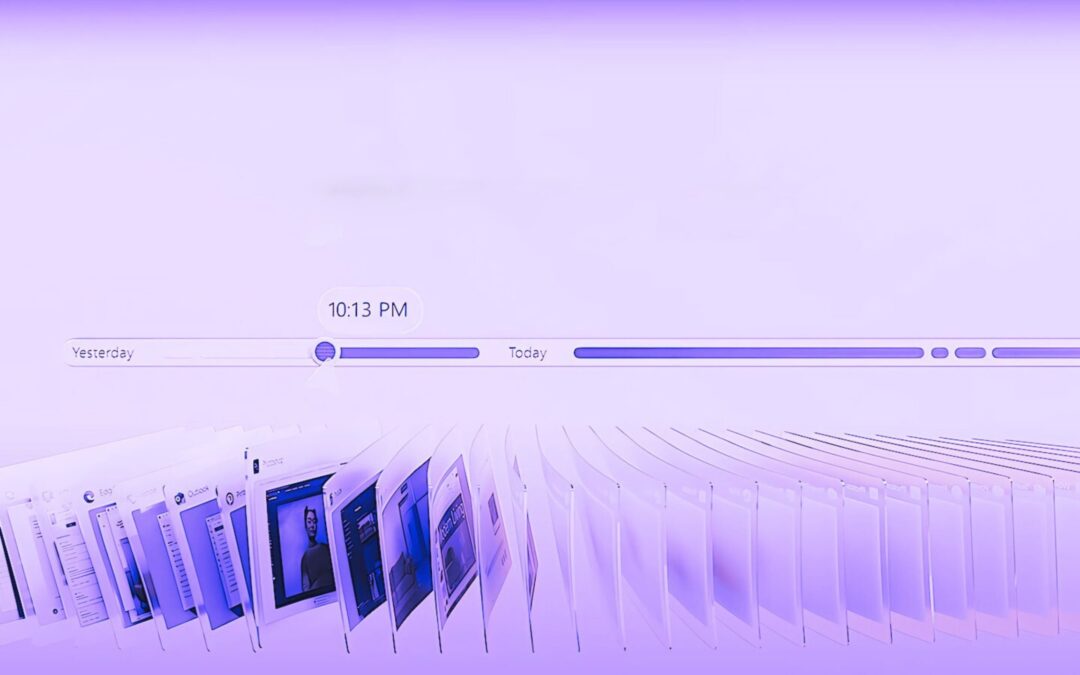
Recall’s most insidious aspect is the precedent it sets. If Microsoft can normalize such pervasive data collection under the guise of utility, what’s to stop other tech giants from following suit?

The definition of online freedom has been depressingly constricted over the last thirty years.
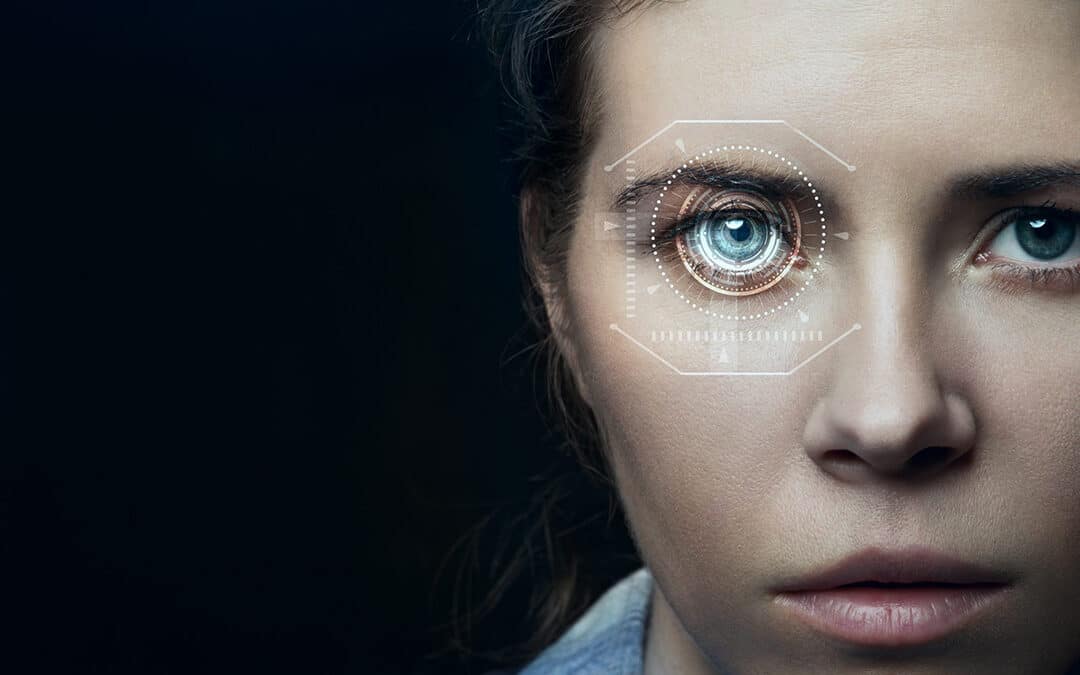
They won’t ever remove the “old-fashioned” ways of accessing your accounts, but it will get increasingly slow and difficult to use while biometrics get faster and easier.
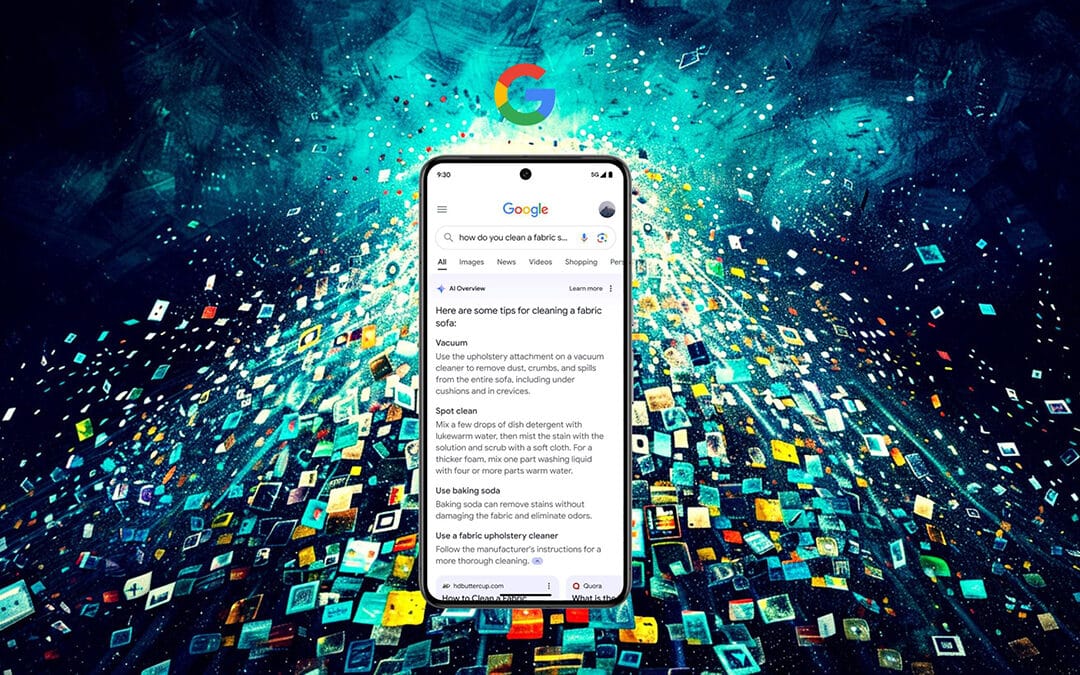
An ideologically driven monopoly further inserting itself between people and content, filtering out what it thinks you should be allowed to see (and what you shouldn’t) at a level never seen before. What could possibly go wrong?

Canada’s Online Harms Act is packed with futuristic horrors, but with a few notable exceptions, politicians and media have tried to keep the worst parts hidden.
